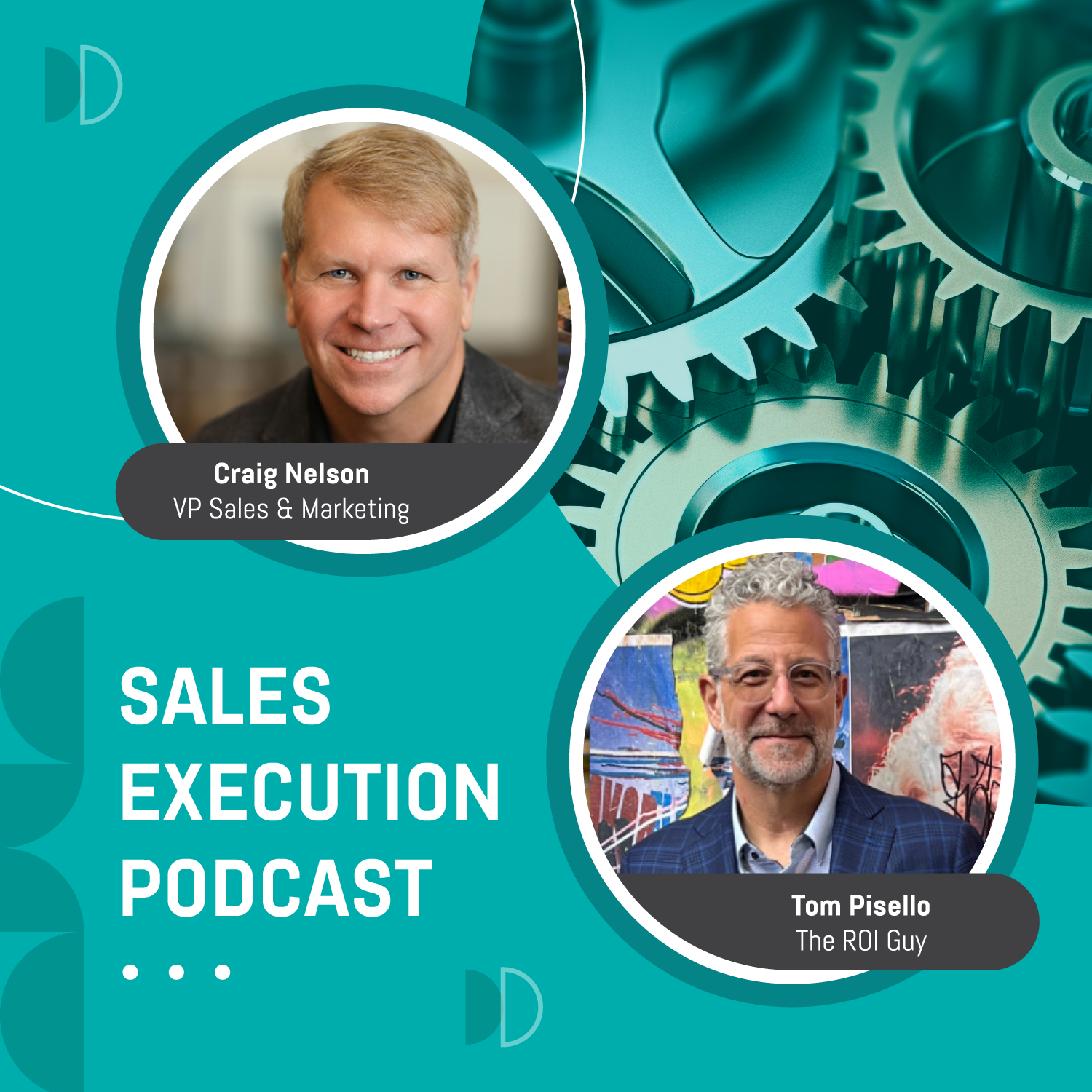3 min read
How to balance compliance and creativity when creating content in regulated industries.
 Triptych
:
July 31, 2019 at 11:41 AM
Triptych
:
July 31, 2019 at 11:41 AM

 Ask a banker whether we should have rules and regulations, and you’ll probably get a negative response. Still, regulated industries need these rules. Imagine a world without air traffic controllers, health inspectors, or police, and you’ll be begging for more regulation.
Ask a banker whether we should have rules and regulations, and you’ll probably get a negative response. Still, regulated industries need these rules. Imagine a world without air traffic controllers, health inspectors, or police, and you’ll be begging for more regulation.In some industries, regulations are even more important. For example, finance, healthcare, education, and alcohol sales carry higher risks for both the consumer and the corporation. Because of the added regulation, marketers in these industries face constraints on what they can and can’t say for their brand.
By taking a few precautions, however, you can create a path to marketing content that is both effective and compliant. What are some of the challenges you must first overcome?
The challenges of regulations
When you’re dealing with content in regulated industries, you need to run it past legal before publishing. This method can take time, often days or weeks. And using external resources isn’t any better since it can take even longer.
Ninety percent of legal staff report feeling they slow other functions down in their business when they execute their tasks slowly. Time delays can be frustrating for marketers, but lawyers see the situation differently. Legal consultants argue that these delays save time in the long run as defending a lawsuit could take months or years. The data seems to agree.
The threat of a lawsuit is real. State attorneys file thousands of “false and deceptive advertising” cases every year. This means exaggerating product benefits is off-limits in regulated industries. Even using bold claims such as “total control of your finances” is frowned upon.
Along with what they can’t say, marketers must take care not to target restricted groups. For example, they can’t direct alcohol advertising to teenagers. A marketer might not appear in court for this, but they could lose their job and hurt brand reputation.
Working in regulated sectors can make marketers feel like they have two choices:
- Create risky content and face legal penalties.
- Make boring content that’s legally permissible.
The good news is that companies can create compelling content that’s fully compliant.
Creative and compliant
BPV Capital Management does a great job balancing creativity and compliance. The HBR article, Companies in Regulated Industries Can Also Do Digital Marketing, shows how this company is leading the way in disrupting current attitudes toward compliant marketing.
BPV turned into a marketing powerhouse by running towards content development instead of away from it. It developed a management structure that supported the rapid creation, workflow, and approval process for content. BPV also invested heavily in its content creation abilities, enabling them to produce content in multiple formats, including audio and video.
Another smart investment BPV made was purchasing quick access to an attorney. This gave their team the ability to approve content in as little as an hour.
The above example demonstrates how organizations willing to make the investment can be content leaders, even in a tightly regulated industry. Are there other steps organizations can take to produce compliant content faster?
5 tips for better compliance in highly regulated industries

1. Know your industry
The legal requirements in your sector exist for a reason, so get to know why they’re there. Strive to understand the problems that compliance is trying to solve. Learn the relationships between companies, public, and government rather than the mere letter of the law, or “what not to do.” Once you do, you’ll find yourself anticipating legal snags and adapting content before it goes to legal.
2. Partner with legal
Some engagement with a legal department is necessary, so why not collaborate. Look for content development tools that bring new transparency, speed, and collaboration with your legal team.
3. Use available technology
In the BPV case study, the marketing and compliance departments found a simple, collaborative spreadsheet transformational. The spreadsheet visualized, automated, and standardized legal processes. Employees could then sort priorities and find alignments faster. A range of other technologies could replace or augment this spreadsheet model.
4. Get buy-in
Business leaders and those that handle legal compliance need to understand the client’s point of view. This means reviewing content early in the process. Content creators should get buy-in at multiple stages during the production process. This avoids investing time and effort into material that can’t be used.
5. Document your strategy
Documenting your strategy will speed up compliance. You’ll see the process holistically, and provide your team and stakeholders with a guideline. Documentation should include your goals, actions, and ways of measuring success. By addressing your challenges on paper, you’ll bring leadership and direction on content strategy.
Compliance is necessary, so stop fighting and collaborate
Compliance means compromise. You need a balance between content that delights and content that’s compliant. If you’re in a regulated industry, your work could be destroyed by legal. You might wonder, what’s the point?
As any lawyer will tell you, a negotiation works better when the parties are working together. Get comfortable with your industry, your internal experts, and your legal team. Then, use technology and implementation to start optimizing and scaling your process.
Rules and regulations can seem like a pain when they hold up content production, but that doesn't make them less necessary. They're essential for protecting consumers, your business, and the integrity of your industry.

Let's embrace, not loathe, compliance.
(Don't worry - AI is here to help) “Ugh.”

Unveiling the Power of 3: Navigating Sales Execution in Regulated Industries with Genius Drive
Welcome to the first episode of our four-part podcast series, diving deep into the realm of Sales Execution with a specialized focus on regulated...




.png)